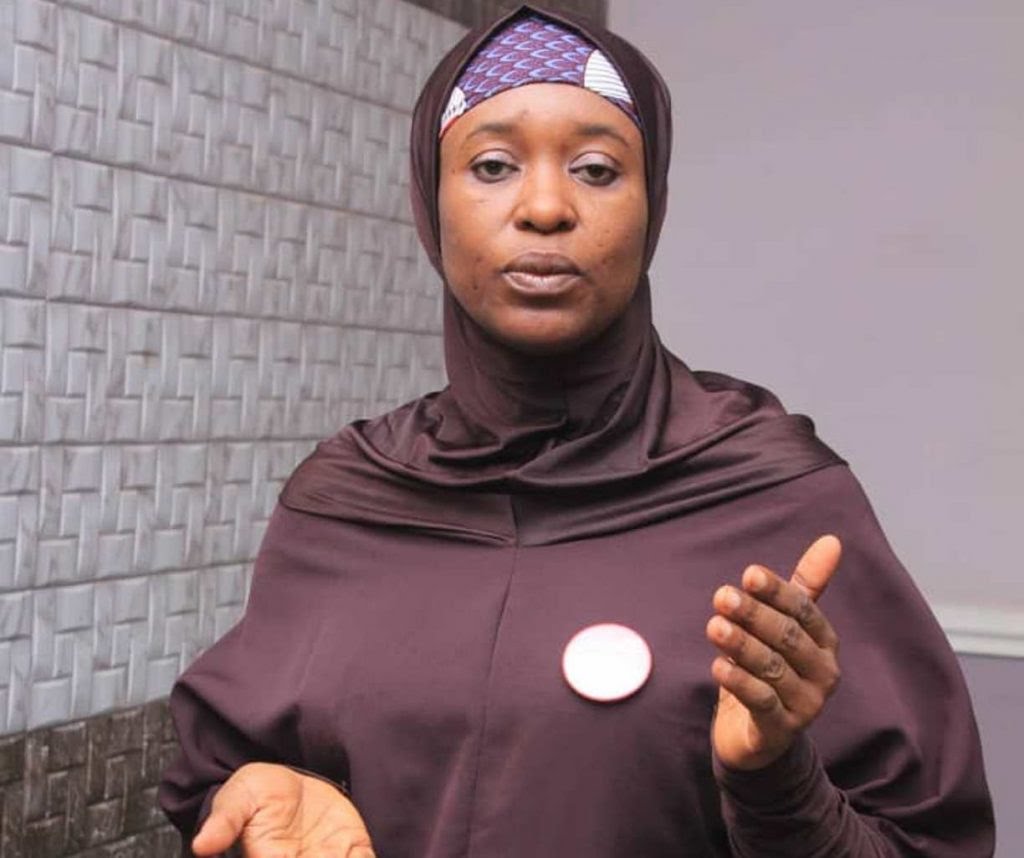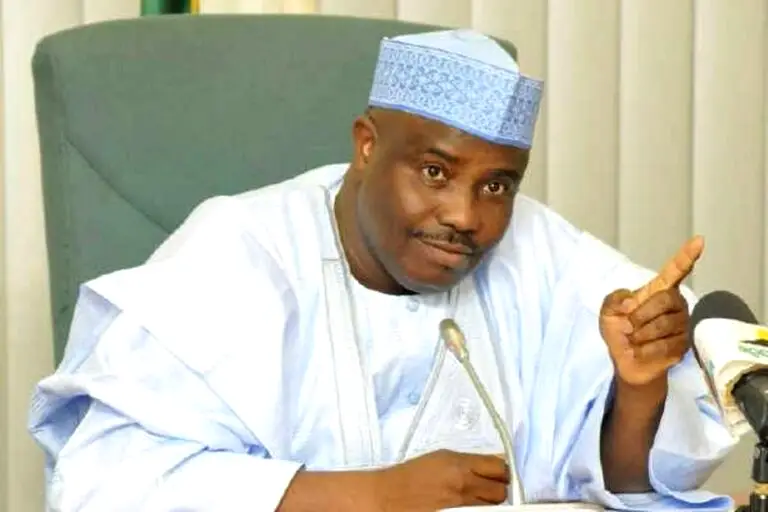[ad_1]
IN the name of Allah, Most Gracious, Most Merciful. Praise be to Allah, the Cherisher and Sustainer of the worlds; Most Gracious, Most Merciful.
The Holy Qur’an, Baqarah, 2:104, says: “O ye of Faith! Say not (to the Apostle) words of ambiguous import but words of respect; and hearken (to him); to those without faith is a grievous punishment. It is never the wish of those without faith among the people of the Book nor of the pagans that anything good should come down to you from your Lord. But God will choose for His special mercy whom He will for God is Lord of grace abounding.”
Over the centuries, Prophet Muhammad has been heavily targeted in the West, whether for personal gain or through sheer ignorance. However, those who have impartially studied the life of Muhammad in detail have painted a completely different picture. Here are some conclusions on Prophet Muhammad (SAW) after extensive scrutiny and research by famous Western non-Muslim writers, professors, statesmen, philosophers, historians, and even clergymen that reveal who Muhammad really was.
Such further include Thomas Carlyle (1795-1881), Scottish philosopher, historian and writer who says of Prophet Muhammad (SAW): “It is a great shame for anyone to listen to the accusation that Islam is a lie and that Muhammad was a fabricator and a deceiver. We saw that he remained steadfast upon his principles, with firm determination; kind and generous, compassionate, pious, virtuous, with real manhood, hardworking and sincere. Besides all these qualities, he was lenient with others, tolerant, kind, cheerful and praiseworthy and perhaps he would joke and tease his companions. He was just, truthful, smart, pure, magnanimous and present-minded…”
Besides, Gustav Weil (1808-1889), German orientalist and author says: “Muhammad was a shining example to his people. His character was pure and stainless. His house, his dress, his food – they were characterised by a rare simplicity. So unpretentious was he that he would receive from his companions no special mark of reverence, nor would he accept any service from his slave which he could do for himself. He was accessible to all and at all times. He visited the sick and was full of sympathy for all. Unlimited was his benevolence and generosity as also was his anxious care for the welfare of the community.”
Moreover, Gibbon in ‘The Decline and Fall of the Roman Empire’ 1823, describes the seal of Prophets (SAW) thus: “The good sense of Muhammad despised the pomp of royalty. The Apostle of God submitted to the menial offices of the family; he kindled the fire; swept the floor; milked the ewes; and mended with his own hands his shoes and garments. Disdaining the penance and merit of a hermit, he observed without effort of vanity the abstemious diet of an Arab.”
Islam is the only universal religion in the world with its adherents professing to the unity of Allah and worshipping the same way, facing the Ka’bah Mosque in Makkah, Saudi Arabia (Kiblah) in their prayers. As H.G. Wells notes, “Islam is an uncompromising monotheism” which does not tolerate any form of associating partners with Allah (shirk), or disbelief (kufr). The belief system of Islam is hinged on the six articles of faith.
In his remarks about Prophet Muhammad (SAW), Stanley Edward Lane-Poole (1854-1931), British orientalist and archaeologist, says: “He was the most faithful protector of those he protected, the sweetest and most agreeable in conversation. Those who saw him were suddenly filled with reverence; those who came near him loved him; they who described him would say, “I have never seen his like either before or after.” He was of great taciturnity, but when he spoke it was with emphasis and deliberation, and no one could forget what he said…”
In his comments about Prophet Muhammad (SAW) after extensive research, Alphonse de Lamartine (1790-1869), French statesman, writer and poet opines: “If greatness of purpose, smallness of means, and astonishing results are the three criteria of a human genius, who could dare compare any great man in history with Muhammad? The most famous men created arms, laws, and empires only. They founded, if anything at all, no more than material powers which often crumbled away before their eyes. This man moved not only armies, legislations, empires, peoples, dynasties, but millions of men in one-third of the then inhabited world; and more than that, he moved the altars, the gods, the religions, the ideas, the beliefs and the souls… As regards all standards by which human greatness may be measured, we may well ask, is there any man greater than he?”
In her observation about Prophet Muhammad (SAW), Annie Besant (1847-1933), British rights activist, socialist and orator says: “It is impossible for anyone who studies the life and character of the great Prophet of Arabia, who knows how he taught and how he lived, to feel anything but reverence for that mighty Prophet, one of the great messengers of the Supreme. And although in what I put to you I shall say many things which may be familiar to many, yet I myself feel whenever I re-read them, a new way of admiration, a new sense of reverence for that mighty Arabian teacher.”
Also commenting on Prophet Muhammad (SAW), Christian Snouck Hurgronje (1857-1936), Dutch scholar and government advisor, notes: “The league of nations founded by the prophet of Islam put the principle of international unity and human brotherhood on such universal foundations as to show candle to other nations… The world has not hesitated to raise to divinity individuals whose lives and missions have been lost in legend. Historically speaking, none of these legends achieved even a fraction of what Muhammad accomplished. And all his striving was for the sole purpose of uniting mankind for the worship of One God on the codes of moral excellence. Muhammad or his followers never at any time claimed that he was a Son of God or the God-incarnate or a man with divinity – but he always was and is even today considered only a Messenger chosen by God.”
In his comments about Prophet Muhammad (SAW) William Montgomery Watt (1909-2006), Scottish historian, orientalist and Anglican priest, says: “His readiness to undergo persecutions for his beliefs, the high moral character of the men who believed in him and looked up to him as leader, and the greatness of his ultimate achievement – all argue his fundamental integrity. To suppose Muhammad an impostor raises more problems than it solves. Moreover, none of the great figures of history is so poorly appreciated in the West as Muhammad.”
In his analysis about Prophet Muhammad (SAW) after study, James Michener, in ‘Islam: The Misunderstood Religion’, Reader’s Digest, May 1955, pp. 68-70 concludes: “No other religion in history spread so rapidly as Islam. The West has widely believed that this surge of religion was made possible by the sword. But no modern scholar accepts this idea, and the Qur’an is explicit in support of the freedom of conscience. Like almost every major prophet before him, Muhammad fought shy of serving as the transmitter of God’s word sensing his own inadequacy. But the Angel commanded ‘Read’. So far as we know, Muhammad was unable to read or write, but he began to dictate those inspired words which would soon revolutionise a large segment of the earth: ‘There is one God’. In all things Muhammad was profoundly practical. When his beloved son Ibrahim died, an eclipse occurred and rumors of God’s personal condolence quickly arose. Whereupon Muhammad is said to have announced, ‘An eclipse is a phenomenon of nature. It is foolish to attribute such things to the death or birth of a human being’. At Muhammad’s own death an attempt was made to deify him, but the man who was to become his administrative successor killed the hysteria with one of the noblest speeches in religious history: ‘If there are any among you who worshiped Muhammad, he is dead. But if it is God you Worshiped, He lives forever’.”
In his remarks about Prophet Muhammad (SAW), renowned Russian writer, Count Leo Nikolayevich Tolstoi, said: “There is no doubt that the Prophet Muhammad was a great reformer who did a magnificent service to human society. It is honor enough to say that he guided a whole nation to the light of truth and caused it to incline towards stability and peace and to prefer an ascetic lifestyle. He prevented it from shedding blood and presenting human sacrifices. He opened up for it the way of prosperity and civic living. This is a tremendous achievement, which can only be undertaken by a powerful personality. A man like this is worthy of respect and honor.”
May Almighty Allah continue to bless the soul of Prophet Muhammad (SAW), the unlettered Apostle sent with the greatest Holy Book till eternity. Ameen.
[ad_2]








